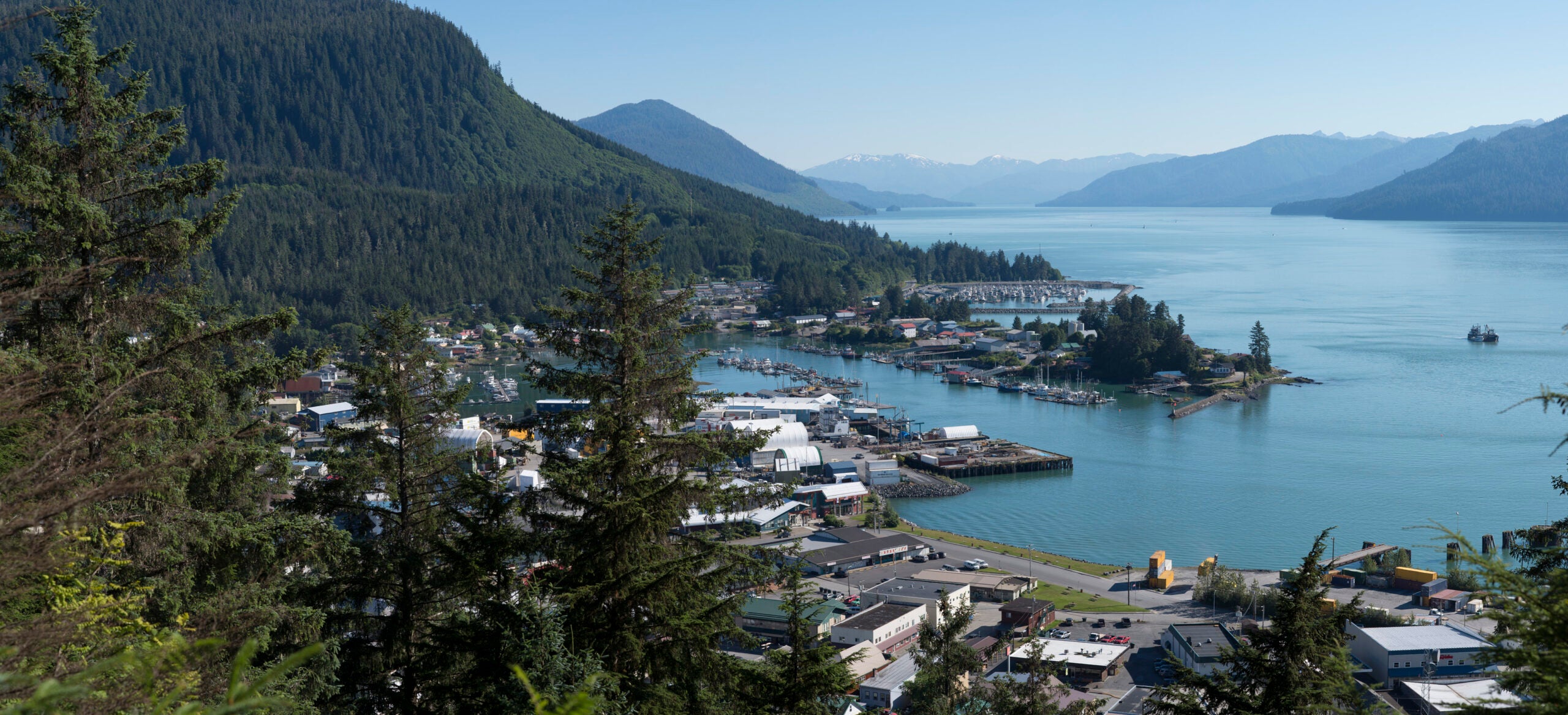Canada As Ugly Neighbor: Mines in B.C. Would Devastate Alaskan Tribes
Southeast Alaskan Tribes have brought a human rights petition against Canada to protect the fish at the center of their cultures.

This page was published 7 years ago. Find the latest on Earthjustice’s work.
Mining operations in Canada are threatening to destroy the way of life of Southeast Alaskan Tribes who were never consulted about the mines by the governments of Canada or British Columbia.
The Tribes have depended for millennia upon the pristine watersheds of the Taku, Stikine, and Unuk rivers. These waters flow through varied and wild landscapes from British Columbia through Alaska and are teeming with salmon and eulachon.
The mines – two of which are operating and four that are proposed – endanger downstream fish populations through the release of toxic mine waste and acidic waters. Fish are fundamental to the Tribes’ cultural practices and livelihoods, making the pollution a violation of the Tribes’ human rights to culture and an adequate means of subsistence.
Earthjustice submitted a petition this week on behalf of the Tribes against Canada. The petition asks the Inter-American Commission of Human Rights to step in to protect and uphold the Tribes’ human rights.
“Salmon is the staple harvest in our traditional culture. You could say it is the heartbeat of our culture. If the salmon heartbeat is gone then ours will be gone too,” says Tammi Meissner of the Wrangell Cooperative Association, one of the 15 sovereign Tribal nations involved in the petition. Collectively, the Tribes make up the Southeast Alaska Indigenous Transboundary Commission or SEITC.
Fishing with their elders initiates younger generations into their Tribes’ traditions and culture.
Sharing fish catches with elders and others in and outside of the community maintains and strengthens tribal and communal culture and relationships.
Harvests of salmon and eulachon also represent a critical source of food and economic livelihood that sustain these tribal communities throughout the year. It is common for families to eat wild fish five to six times a week.
“Our freezer is 90 percent wild fish and game, and, beyond our own consumption, we share with our extended family and the elders in our community,” says Britany Kee’ ya aa. Lindley, also a member of the Wrangell Cooperative Association. “As a couple with three daughters, subsistence harvests helped my parents be able to put their earnings towards home ownership and supporting their children in all of our endeavors.”
Unfortunately, the British Columbia mines threaten the fish at the center of community life.
British Columbia has a history of poor enforcement and regulation of mines that has led to long-term and ongoing pollution from old mining sites, including several catastrophic disasters in which dams containing toxic mine waste burst, contaminating downstream rivers. For example, in August 2014, a dam failure in British Columbia released several million cubic meters of toxic waste into nearby lakes and rivers.
Despite the threats these mines pose, neither Canada nor British Columbia has consulted with or sought the consent of southeast Alaska Tribes during the approval or permitting of any of the B.C. Mines, as required by international law.
This history and violation of international law led the SEITC to file Wednesday’s petition to the Inter-American Commission of Human Rights, a tribunal created by the Organization of American States.
The petition alleges that, by failing to effectively regulate and prevent the threats from the mines, Canada is violating the Tribes’ rights to enjoy the benefits of their culture, an adequate means of subsistence, health, and to use and enjoy the lands they have traditionally occupied.
The petition also requests that Canada consult with and seek the consent of SEITC and its members in accordance with their customs and traditions – and in line with international law.
The International Program partners with organizations and communities around the world to establish, strengthen, and enforce national and international legal protections for the environment and public health.